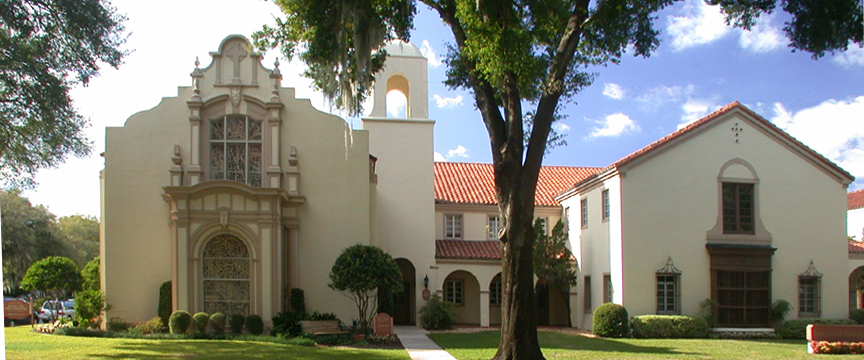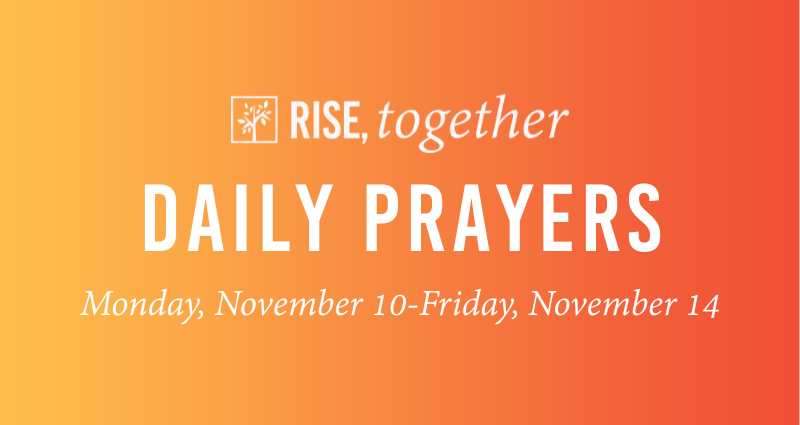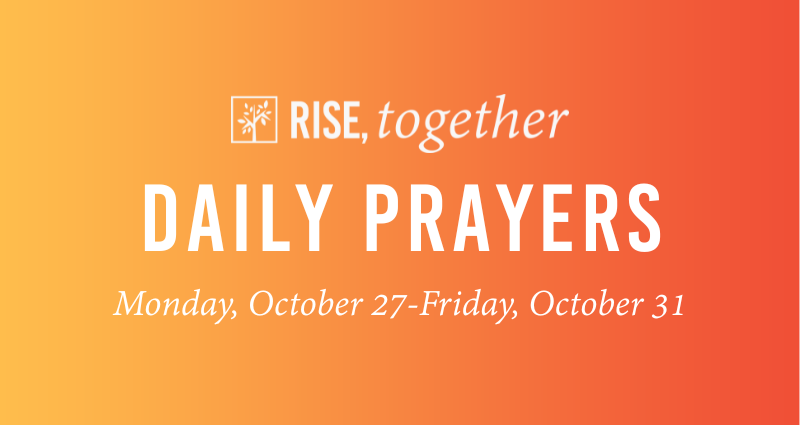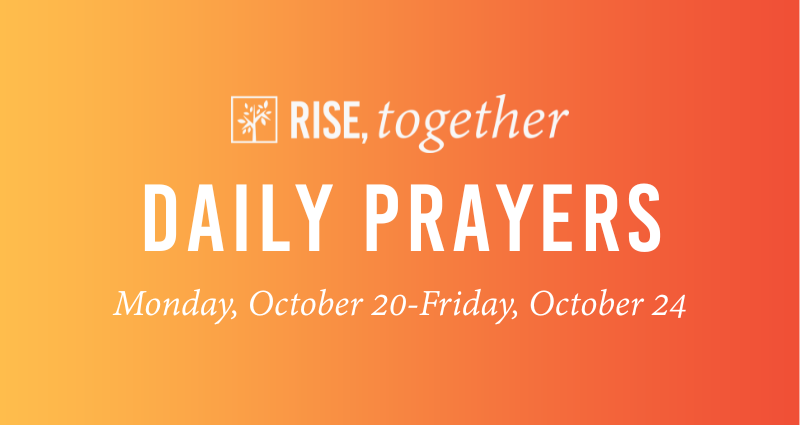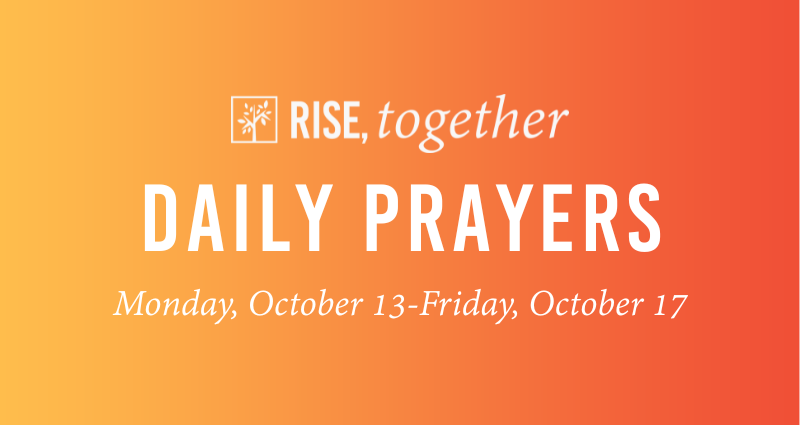This past week, I have felt love all around me. Our theme from Sunday tells us that God loved us enough to send his one and only Son to be our Savior, our Lord, our Friend. And that gift came from a place of love; not anger or disappointment.
Over this last busy week, I have watched LOVE show her face in places big and small. I have watched my children forgive each other and show kindness. I have watched the love of three daughters and a wife who grieve the loss of a loved one be swept up in the love of this church and community. I have watched love shared through the talents of music and worship during an incredible Festival Gloria Sunday. The pastors shared God’s love with our young friends at MSEE through Chapel as we told the story of the birth of Jesus. I have felt the love of my parents who help care for my children during an afternoon of church meetings and then I ended the week learning more about the love of unexpected blessings at Residing Hope and the youth whose lives are transformed there.
Love has been in most places that I have taken the time to look for it in. And isn’t that the story of the Gospel?! When you seek, you will find. God is there, sharing, showing and spreading love in the most unexpected ways. So let us pause with this truth for a moment longer, because the busyness of this holiday season moves us along too quickly. I invite you to sit with this and don’t move past this, because so much in us asks us to move faster and forward to the next big time. But what if love is best felt in the small, mundane moments where grief, or anger or busyness reside? What if we are missing out on love because we are afraid to wade into the uncomfortable moments during this season? What if that is where love is hiding all along? If it is, how are you actively looking for the love in the midst of sadness or shame? How are you tuning your ears to hear the embrace of the Spirit in the times that we aren’t at our best or we have let someone down?

On Tuesday, I spent the day at Residing Hope, formally known as the Florida United Methodist Children’s Home. I have served on their Board since I was pregnant with Charlie, and will therefore be starting my 8th year this Summer. I continue to serve this organization because I see God show up in the most unexpected ways and transform lives again and again. During our Ministry Moment, our Chaplain introduced us to a young girl who had a message to share. All of the youth at Residing Hope had entered a T-shirt designing contest and this young girl, who had at that time only lived at Residing Hope three weeks, decided to design a T-shirt and enter the contest. This young girl ended up winning the contest and designed the shirt that I am wearing in this picture. It says, “Say No to Hate, and Yes to Love” on the front. On the back she wrote, “You are unique and special in your own way because that’s how God made you so be proud of that.” What an important reminder in today’s world. This simple message acknowledges that there is both Love and Hate, but that we get to choose what we fuel, what we spend energy on and what we will to be known by.
Love takes more work, I can promise you that. But it is where God shows up and where transformation takes place. Sometimes we need to slow down to see it. Other times we have to focus our eyes and our ears to speak it and share it, but through the gift of Jesus, who showed up in an unexpected way, we have the ability to say YES to love each and every time.
May the God of grace help you see LOVE and choose LOVE today.










